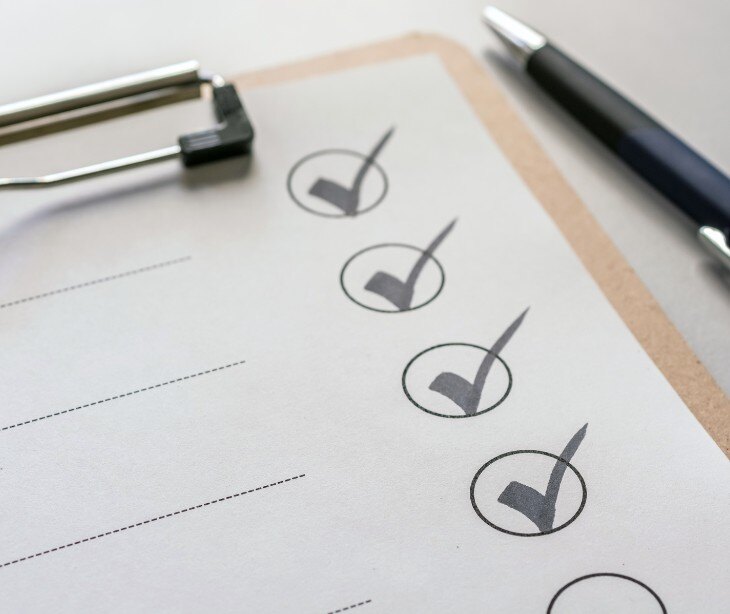
HIPAA compliance in communication is important for protecting patient privacy and maintaining trust in healthcare systems. It refers to the measures and protocols that healthcare organizations and related entities must follow to ensure the confidentiality, integrity, and security of protected health information (PHI) when transmitting or sharing it through various communication channels.
Why HIPAA compliance in communication matters
Communication in healthcare often involves the exchange of PHI, which includes any information that can be used to identify a patient, such as medical records, lab results, or billing details. HIPAA’s Privacy and Security Rules mandate sensitive data be safeguarded from unauthorized access, ensuring that healthcare providers, insurers, and business associates take adequate precautions when handling PHI electronically.
Violating HIPAA can result in hefty fines, legal action, and reputational damage for organizations. Thus, implementing HIPAA compliant communication methods is essential for healthcare operations.
Elements of HIPAA compliant communication
Encryption
One of the most critical requirements for HIPAA compliance is the encryption of electronic communications containing PHI. Whether sending an email or a text message, the data must be encrypted to ensure it remains unreadable if intercepted during transmission.
Encryption transforms PHI into a code that can only be deciphered by authorized recipients with a specific decryption key. Healthcare organizations are encouraged to use encryption to ensure that PHI is protected throughout the transmission process.
Access control
Under HIPAA, access to PHI should be restricted to authorized individuals only, meaning healthcare providers must have robust access controls, including user authentication and authorization protocols.
HIPAA’s Access Control standard mandates that covered entities “implement technical policies and procedures for electronic information systems that maintain electronic protected health information to allow access only to those persons or software programs that have been granted
access rights as specified in § 164.308(a)(4)[Information Access Management].” Although HIPAA doesn’t specify a type of access control method or technology to implement, multi-factor authentication (MFA) is recommended, requiring users to provide two or more verification forms (e.g., password, security token) before accessing PHI.
Audit controls
HIPAA compliance also involves implementing audit controls to monitor the use of PHI. Healthcare organizations must maintain detailed logs of who accessed PHI, when it was accessed, and what they did with it. Audit logs can help organizations track unauthorized access or potential security breaches.
Logs can be automatically generated through secure communication platforms and are essential for detecting and investigating suspicious activities, ensuring accountability across the organization.
Secure messaging platforms
Standard communication methods like email, SMS, or messaging apps (e.g., WhatsApp) are typically not HIPAA compliant. To meet HIPAA’s standards, organizations must use platforms designed specifically for secure healthcare communication. These platforms offer encryption, access controls, and audit features to ensure PHI is protected.
Patient consent
HIPAA requires patients to provide informed consent before receiving communications. Patients must be made aware of the risks associated with the use of communication platforms, such as potential unauthorized access, and their consent must be documented.
See also: How to get consent for texting and emailing patients
Business associate agreements (BAAs)
Healthcare providers often rely on third-party vendors to manage communication, whether through email services or cloud-based messaging platforms. Under HIPAA, any vendor that handles PHI on behalf of a healthcare organization is considered a business associate. These vendors must sign a business associate agreement (BAA), which outlines their responsibilities for safeguarding PHI under HIPAA.
Data integrity
Data integrity ensures that PHI is not altered or destroyed in an unauthorized manner during transmission. HIPAA compliant communication systems must include safeguards to ensure the integrity of the information being transmitted. This includes using secure transmission protocols and maintaining backup copies of critical data.
Training and awareness
HIPAA compliance in communication extends beyond technology. Healthcare staff must be trained to understand the importance of using secure communication channels and the risks of non-compliant methods. Regular training sessions should cover the appropriate use of email, messaging, and other communication tools, as well as the risks of data breaches and how to respond to potential security incidents.
Physical safeguards
In addition to electronic safeguards, physical measures are necessary to protect devices that handle PHI, including securing workstations, implementing policies to prevent unauthorized physical access, and ensuring mobile devices (such as smartphones or tablets) used to communicate PHI are protected with passwords and encryption.
Go deeper: What physical safeguards are required by HIPAA?
The Paubox solution
Paubox Texting and Paubox Email Suite are secure communication solutions designed to help healthcare organizations maintain HIPAA compliance. Paubox Texting offers a HIPAA compliant platform for sending encrypted text messages to patients, ensuring that PHI is securely transmitted and remains confidential.
Paubox Email Suite provides encrypted email services that automatically secure all outgoing messages without the need for patient portals or encryption keys. The suite ensures that sensitive data is protected from unauthorized access while maintaining ease of use for healthcare providers and patients.
Both services help organizations comply with HIPAA’s security requirements while enabling efficient and secure communication.
See also:
Subscribe to Paubox Weekly
Every Friday we'll bring you the most important news from Paubox. Our aim is to make you smarter, faster.




